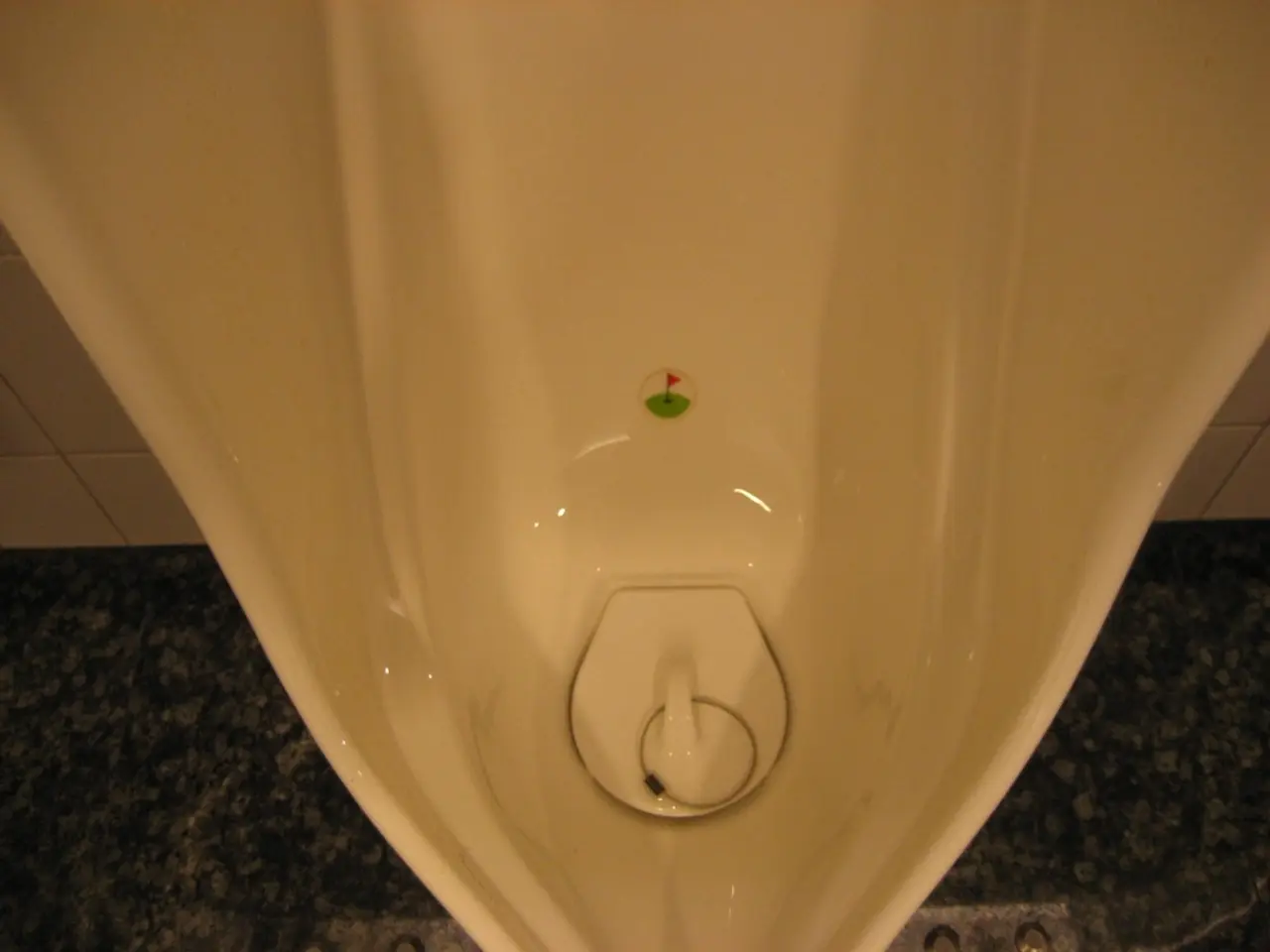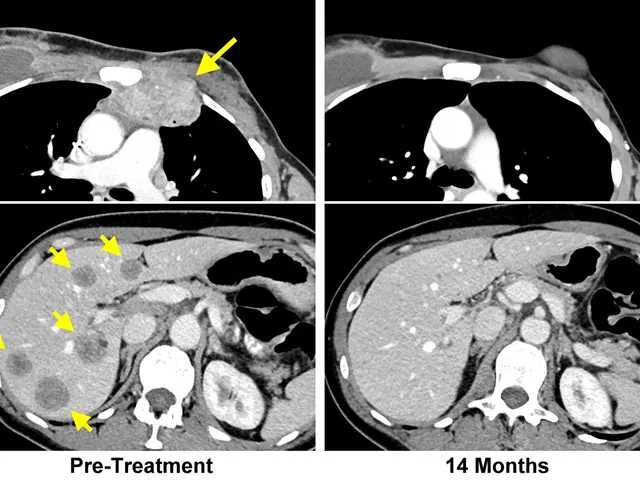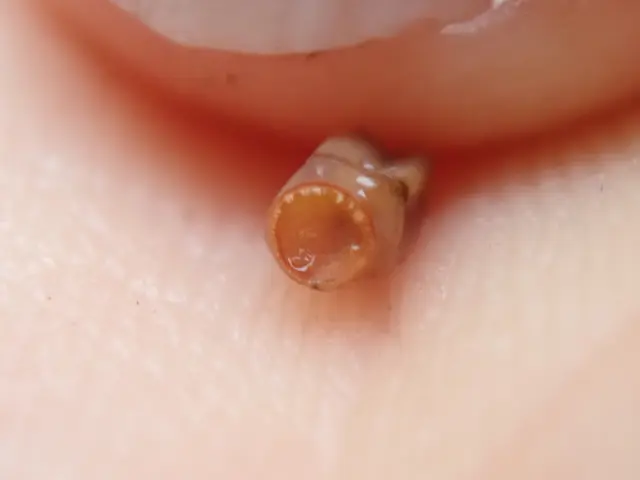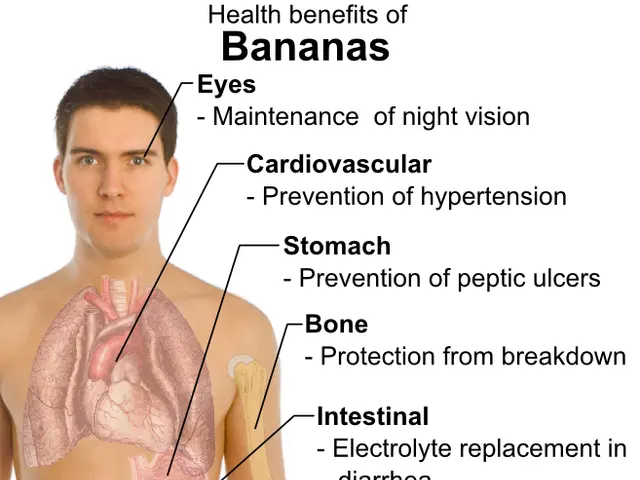Nighttime Urination: Causes and Solutions for Better Sleep
Nighttime urination, or nocturia, is a common issue affecting around one-third of adults. This condition, where individuals need to wake up to urinate during the night, can significantly impact sleep quality and overall well-being. Modern lifestyle habits and various health factors contribute to this problem.
Several factors can lead to nocturia. High fluid intake, especially in the evening, is a significant contributor. Additionally, aging, enlarged prostate in men, urinary tract infections, high blood sugar, diabetes insipidus, sleep disorders, stress, an overactive bladder, and certain medications can all play a role. To mitigate this issue, it's crucial to maintain a regular sleep schedule and avoid foods with high water content or diuretic effects before bedtime. Limiting fluid intake, particularly coffee and alcohol, can also help. Medical conditions such as diabetes mellitus, urinary tract infections, and benign prostatic hyperplasia (BPH) in men are among the most common causes. Regularly waking up more than twice to urinate may indicate an underlying health problem. Lifestyle factors like sedentary behavior, obesity, smoking, or alcohol consumption can exacerbate nighttime urination. Interestingly, it's considered normal to get up to urinate two times per night. Simple measures like raising legs before bedtime can also help reduce water retention and alleviate nocturia.
Nighttime urination is a prevalent issue with various contributing factors. While it's normal to wake up a couple of times, regular nocturia can indicate health problems. Understanding and addressing the causes, maintaining a healthy lifestyle, and consulting a healthcare provider when necessary can help manage and reduce nighttime urination, thereby improving sleep quality and overall health.








